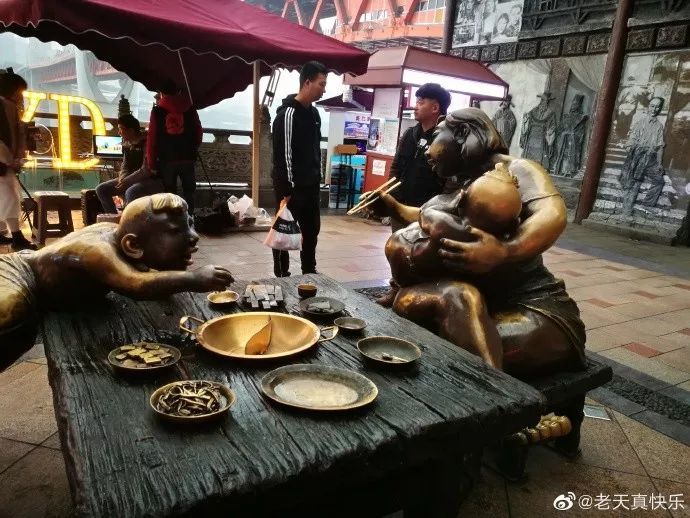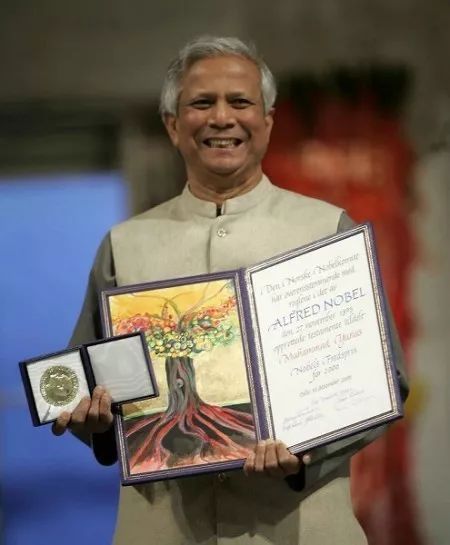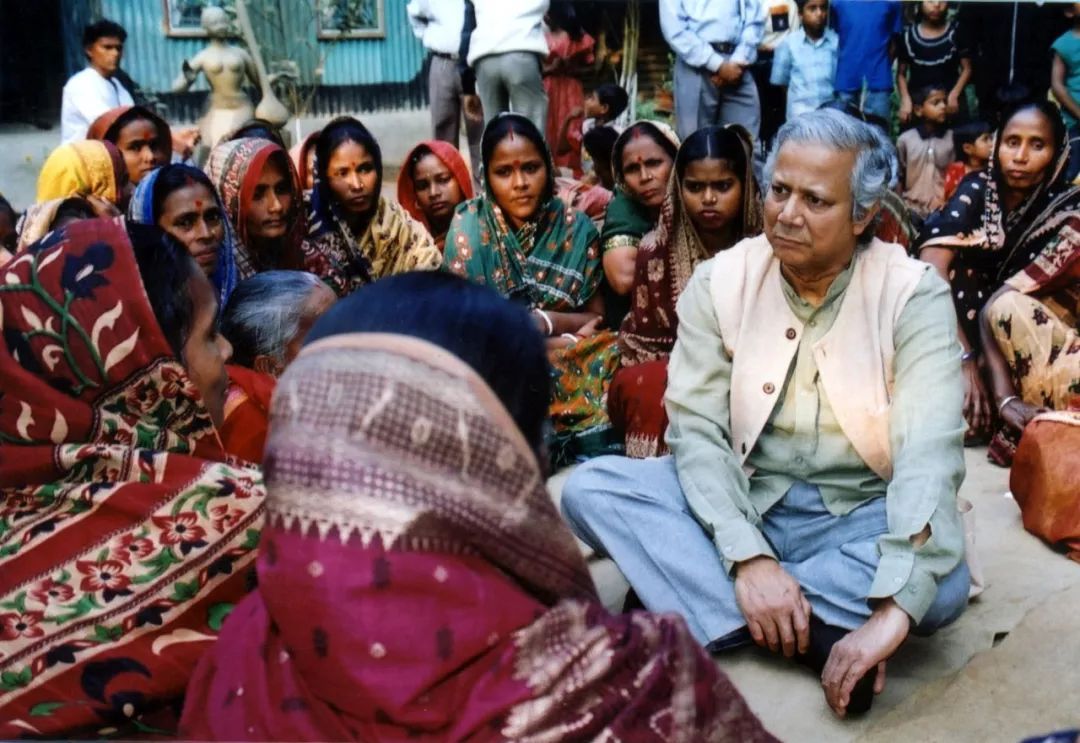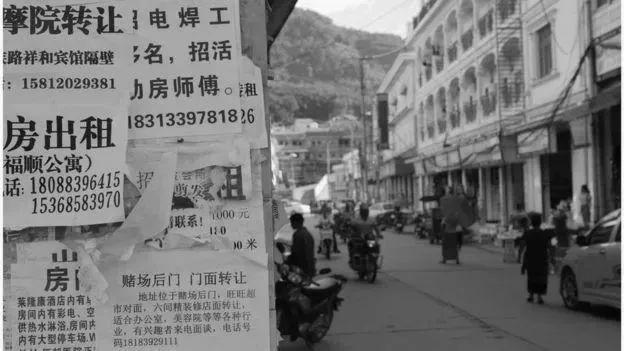A Tale of Two Cities 08: Watch How Anthropologists Challenge Nobel Laureates
Dear Xiao Liu,
At the time of writing, I guess that you and Lao Li may be sighing in a dream: we are finally home, even though we may still have Chengdu Mala Tang in our stomachs. In addition to "spicy", do you have any other feelings about this trip to the south? Did you go to Kuanzhai Alley and Du Fu Thatched Cottage in Chengdu? I have been to Chengdu twice, once to participate in a workshop , and once to go to Qiaoqi , Sichuan as a transit, but I have never experienced this city as a tourist. I look forward to hearing your sharing.

Compared to your slow pace, I was sitting on the high-speed train studying hard as usual, trying to look out the window at the scenery. This week I did my first class report since school started with a little girl from Slovenia. The large and small reporting experience at work has made me more comfortable to deal with such small-scale classroom exchanges. Even if it is in English, I can do unscripted. When I see that those students who are better in English than me have to hold manuscripts, my mind comes to mind. When you were a child, you often told me that "the stupid bird flies first". However, I still remember being incoherent when I gave English speeches once or twice in my junior year and junior year. If you have just graduated to study abroad, you will probably stumble this time.
However, the most challenging part is not the report itself, but the on-site question and answer session after the end. The English of the five continents came from all directions, and I had to respond quickly in English. When encountering a knowledge point that is not very clear, if it is Chinese, you may be able to drag a few words and mix it, but if you change it to English, you will not be able to drag it. Next week, I will also give an independent classroom report in the class of "Development Theory and Practice". Not only is the teacher a great teacher, but the students have also learned very well. I guess I will be called a sieve. But I'm more looking forward to an independent report than a pairing of two, just like any boxer looks forward to fighting a boxing champion alone.
Now that the class report is mentioned, I still want to chat with you about the content of my report. Last week you said you didn't understand something in the book I mentioned, and I think maybe that's because I didn't explain it in a language you're familiar with. What I did was a book report on a field note by an anthropologist describing a Bangladeshi microfinance institution. Among these institutions is the Grameen Bank founded by Dr. Yunus, who won the 2006 Nobel Peace Prize for this pioneering act.

Why call it a pioneering act? Because unlike ordinary banks, which have various conditions and restrictions on loans, microfinance institutions including Grameen Bank do not need mortgages and guarantors. They mainly target women in poor families and provide them with small short-term loans. Women are composed of A team of five supervises each other and repays the loan on a periodic basis. When people think that giving money to the poor is like pouring water and not getting it back, Grameen Bank data shows that women's repayment rate is as high as 98%!
This model has also been written into many business school textbooks as a classic case of social enterprise, but anthropologists have the ability to understand the truth. The author Karim wonders why the repayment rate is so high and Bangladesh is still one of the poorest countries in the world? Through a year and a half of field research, she found that four major microfinance institutions, including Grameen Bank, instead of enriching most women, created bigger problems. For example, Grameen Bank partnered with a telecommunications company to launch a mobile phone that rural women could make money by borrowing money from Grameen Bank to buy mobile phones and renting them to other people in the village who didn’t have them. It seems that the rural women can make a living by themselves, but the actual situation is that the price of this mobile phone is more expensive than the average mobile phone on the market! This is tantamount to sucking blood from the poor.

Another example is that the local area attaches great importance to reputation and face. If you are shamed in public, you will never be able to hold your head up for the rest of your life. And these microfinance institutions take advantage of this cultural trait, and if women fail to repay on time, they will be humiliated in public. To avoid this, women would temporarily block the hole by borrowing from usury, which in turn boosted the usury business. There are many such examples. The author concludes that microfinance institutions not only destroy local social solidarity and treat the poor as a market for money, but also become the local shadow government, gathering huge power invisibly.
Despite this, a model like Grameen Bank has been popularized in 41 countries around the world, and China has 11 project sites. Grameen China's official website reads "7 Bangladeshi experts, copy the most authentic Grameen Min". Seeing this, I can't help but break into a cold sweat. However, the problem is not the microfinance model itself, but the operation of the participating institutions themselves and government supervision.
Every time I read an anthropologist's field notes on development projects, although the conclusions are mostly shattering fairy tale fantasies, it also makes me realize that reality is far more complex and changeable than it seems, spanning time in latitude and deep in detail in longitude , you can see the world in the eyes of anthropologists.
So what are the anthropologists around me doing? This week, I participated in the sharing of professors who study China at the school, including Hans, an anthropology teacher in our department. He is German and gave himself a very Chinese name - Shi Han. The area he studied was Myanmar's Wa Autonomous Region, which is often jokingly referred to as a "shanzhai" version of China.

Although the local residents of Wa state mainly speak the Wa language, Mandarin is spoken unimpeded here. The government system also directly borrows Chinese terms, such as "secretary," "office," and "minister." The infrastructure of the Wa State, including electricity, water supply and roads, is basically built by Chinese companies. The mobile phone network is also operated by Chinese telecommunications companies. The currency in circulation is RMB; Chinese companies also operate mining, rubber industry, tobacco planting and supermarkets here. And hotels, etc., it is no exaggeration to say that the "shanzhai" version of China.
From the outside, the Wa Gang has a huge body like China, and from the inside, it sees that its own political system is fragile and has no hope of establishing an independent country. The internal and external situation has prompted the Wa tradition to be placed in a more important position, and even many young people have participated in this ethnic group. The construction of identity. This is also what interests Hans.
Whenever I see such a foreign scholar who speaks fluent Chinese and minority dialects and knows much more about China than I am a Chinese, I always feel ashamed. What makes me even more ashamed is that these scholars on the stage are not satisfied with the fields they are already familiar with. Hans has crossed from rural Hubei to the border between China and Myanmar, and professors without art history background begin to see China’s world through traditional Chinese painting. Relationship... I thought that the professors could just sit back and relax as long as they managed the one-third of the acre in front of the door, but they were actually climbing the academic Mount Everest, one after another.
Although I haven't reached the height of Mount Everest, there are many "slopes" in front of me. Every time I turn over one, I feel that the real meaning is not to overcome the difficulties themselves, but the process of overcoming difficulties becomes the next encounter. to difficult ground. Remember when I mentioned that I didn't sleep all night when I wrote my first paper, I finished my second paper this week, maybe the quality still needs to be honed, but at least I slept well haha.

Next week will be Thanksgiving. I will not only digest and absorb the nutrients from inside and outside the classroom every week, but also share them with my loved ones. It should be the best Thanksgiving gift I can think of.
Dear contest:
Compared with your intense study journey, we were indeed a relaxing trip last week: Chengdu has nothing to feel, Kuanzhai Alley is like Nanluogu Alley in Beijing, but the mountain city of Chongqing is unique, mainly because of the special terrain, halfway up the mountain is full of Buildings, hospitals are also on the mountain, there are many bridges, it is said that there are as many as 15,000, but the most impressive is the Dazu Rock Carvings, which is 1.5 hours away from downtown Chongqing. Because it is on the mountain, it was not damaged during the Cultural Revolution. The tour guide's explanation is more interesting. More than 1,000 years ago, there were 6 reincarnations. The carvings are very beautiful, spectacular and detailed...
Compared with the situation when you first arrived, I feel that your studies this week are getting better and better. You have successfully completed the first class report, and the whole English is still out of manuscript. I can imagine the great effort you have put in. It is really Very hardworking and diligent, you are great, we are very pleased, and at the same time, you also found yourself in the questioning session due to the taste of the English accent of Wuzhou, it is a little difficult to deal with (just like when we went to Chengdu this time, if they speak the local language faster, we I was also confused when I heard it.), I understand it very well, don't worry, take it slow, I believe that there will be a huge leap in English listening a year later. In addition, although I knew about the micro-loans founded by the Nobel Prize winner in Bangladesh, I didn’t expect that there would be so many problems that conflicted with local folk customs in the future, and that German researcher on China and Myanmar What happened to China Town in the border Wa region is also quite unexpected...
"Although I haven't reached the height of Mount Everest, there are many "slopes" in front of me. Every time I turn over one, I feel that the real meaning is not to overcome the difficulties themselves, but the process of overcoming difficulties becomes the next time. Emboldened to encounter difficulties." Very well said, thank you very much for the Thanksgiving gift you gave us.
Like my work? Don't forget to support and clap, let me know that you are with me on the road of creation. Keep this enthusiasm together!
